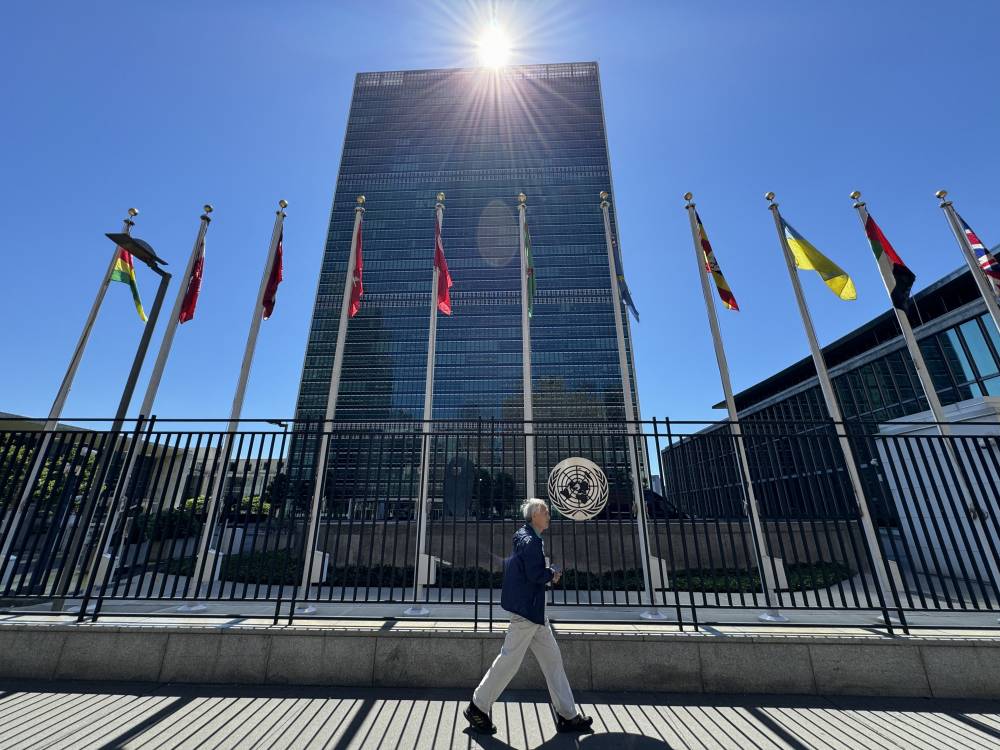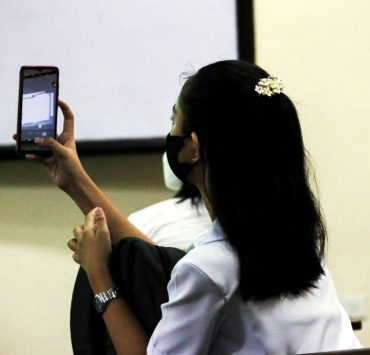UN ‘concerned’ by Afghanistan morality law

KABUL—The UN mission in Afghanistan said on Sunday it was “concerned” about a morality law recently ratified by the Taliban authorities, criticizing in particular restrictions on women.
The Taliban authorities on Wednesday announced the codification of a law with 35 articles detailing wide-ranging behavior and lifestyle restrictions based on their strict interpretation of Islamic law.
The law sets out graduated punishments for noncompliance—from verbal warnings to threats, fines and detentions of varying lengths—enforced by the morality police under the Ministry for the Propagation of Virtue and the Prevention of Vice (PVPV).
“It is a distressing vision for Afghanistan’s future, where moral inspectors have discretionary powers to threaten and detain anyone based on broad and sometimes vague lists of infractions,” said Roza Otunbayeva, head of the UN Assistance Mission in Afghanistan (Unama).
“After decades of war and in the midst of a terrible humanitarian crisis, the Afghan people deserve much better than being threatened or jailed if they happen to be late for prayers, glance at a member of the opposite sex who is not a family member or possess a photo of a loved one,” Otunbayeva said.
‘Gender apartheid’
Many components of the law have already been informally in place since the Taliban returned to power in August 2021, and it remained unclear if their formal codification would lead to stricter enforcement.
Women have borne the brunt of restrictions the UN has labeled “gender apartheid,” which have pushed them from public life, including barring them from secondary and higher education.
A doctor working in Kabul who did not want to give her name said she felt “hopeless” hearing about the law.
“It would have been better if they had announced the opening of schools and universities instead of this law. That would have given us some hope.”
Otunbayeva said the law “extends the already intolerable restrictions on the rights of Afghan women and girls, with even the sound of a female voice outside the home apparently deemed a moral violation.”
The law says women must cover their faces and bodies if they leave the house, as well as ensure their voices are not heard.
The Japanese Embassy in Kabul on Saturday posted on X expressing its “deep concern about the continuing restrictions on women and girls in Afghanistan as announced in the PVPV law.”
The UN also expressed concern over restrictions on religious and press freedoms in the law, which stipulates media must not publish “content hostile to Sharia law and religion” or “that shows living beings.”
However, it said there were positive articles in the law, including those banning mistreatment of orphans and “bacha bazi,” or “boy play,” where older men force boys to dress up as women and sexually abuse them.
The Taliban authorities have consistently dismissed international criticism of their policies, saying all citizens’ rights are guaranteed under Shariah law.
AFP is one of the world's three major news agencies, and the only European one. Its mission is to provide rapid, comprehensive, impartial and verified coverage of the news and issues that shape our daily lives.

















